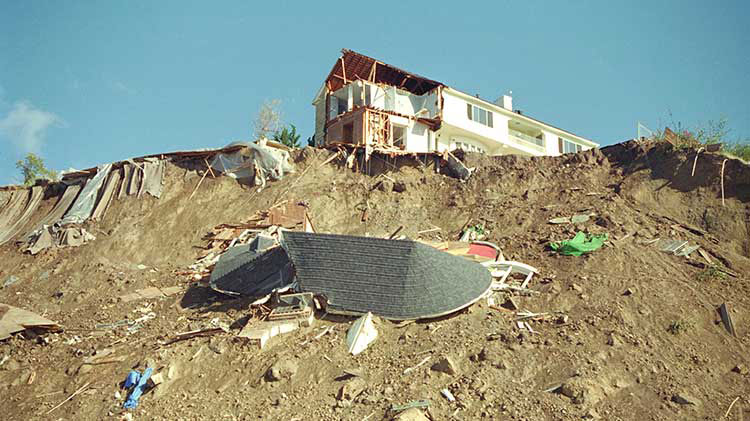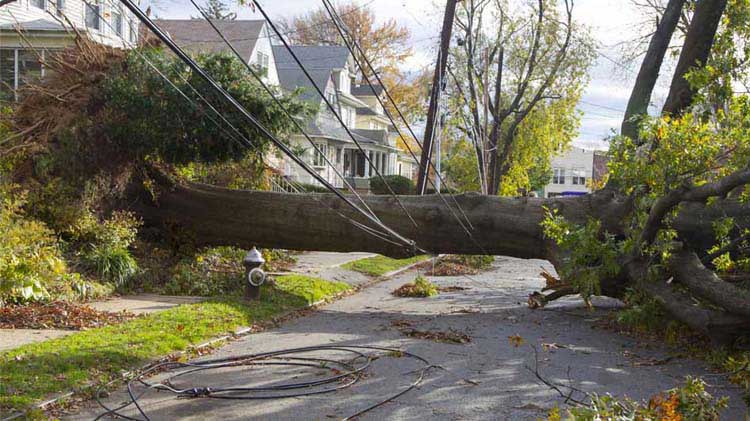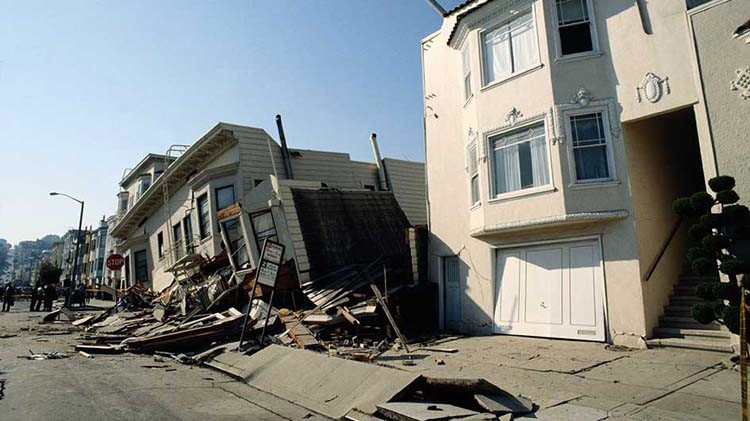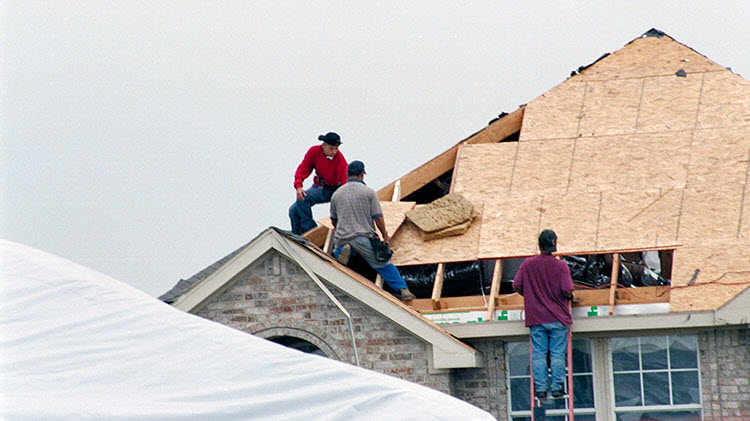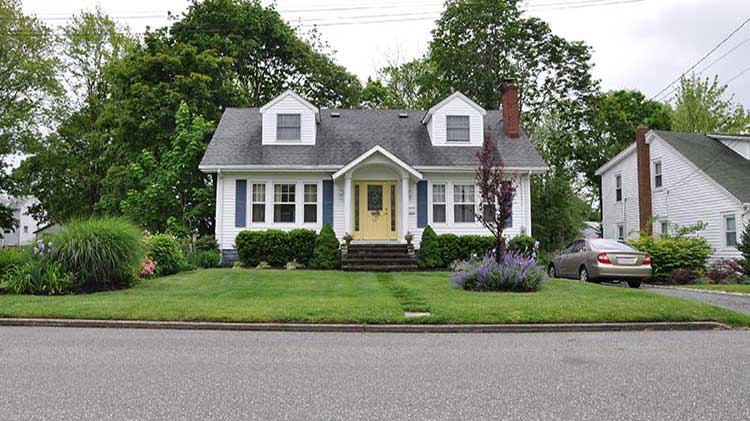What to do during an earthquake
Earthquake safety tips to consider when you are indoors, outdoors, driving or if you become trapped.
What happens during an earthquake?
An earthquake occurs when two large pieces of the Earth’s crust suddenly slip past each other on a fault, releasing stored up energy and causing seismic waves. As the waves reach the surface, they shake the ground and any structures near the area.
If you've ever experienced an earthquake, you know that the shaking can start at anytime. It's important to be prepared before it happens and know what to do afterward. How to react to an earthquake will depend on where you are when it strikes.
What to do during an earthquake at home or indoors
Stay calm and immediately protect yourself. You will want to "drop, cover and hold on" to help reduce possible injury. You need to drop to your hands and knees to get maximum stability and protection. Then, if possible, crawl under a table or desk for shelter. If you're indoors, you should stay indoors during the shaking. Going outside while the earthquake is going on can put you in harm's way of falling debris. If no shelter is available, crawl to an interior wall away from windows and heavy objects. Cover your head and neck with your arms. You'll want to hold on to any shelter you are using and be ready to move with it. Do not attempt to shelter in a doorway unless you know that it's a strongly supported, load-bearing doorway.
If you're in bed when it happens, protect your head with a pillow and move away from any windows or light fixtures. You should also think about where to shelter if you are in another building, such as a high-rise, hotel or restaurant.
What to do during an earthquake if you are outside
If you're outdoors, you should stay outdoors during the shaking. The greatest dangers outside during an earthquake are from falling buildings and debris. You should attempt to move toward the most open space available. Avoid streetlights and utility wires, which may become electrical threats. Stay in an open area until you are sure the shaking has stopped.
If you are at or near a coastal area, immediately move inland towards higher ground. Earthquakes may cause high waves or result in a tsunami.
What to do in an earthquake when driving
If you're in a car, you should stay in the car during the shaking. If you feel the ground shaking, safely get over to the side of the road as quickly as you can. Stopping in the road may lead to accidents and block emergency responders. Try to avoid stopping near buildings, trees or overpasses. Once you're stopped, turn on your hazard lights. After the shaking stops, be aware that roads may be damaged, especially bridges and ramps.
What if you are trapped in debris after an earthquake?
Stay calm and cover your mouth with your clothing. Tap on a wall or pipe — or blow a whistle if you have one — to help alert rescuers. You should only shout as a last resort to avoid inhaling dangerous amounts of dust.
Earthquakes occur worldwide and most of us should be prepared. Consider practicing what to do periodically so you'll know what to do in an emergency. You should also know what to do after an earthquake and discuss earthquake insurance with a State Farm® agent.
